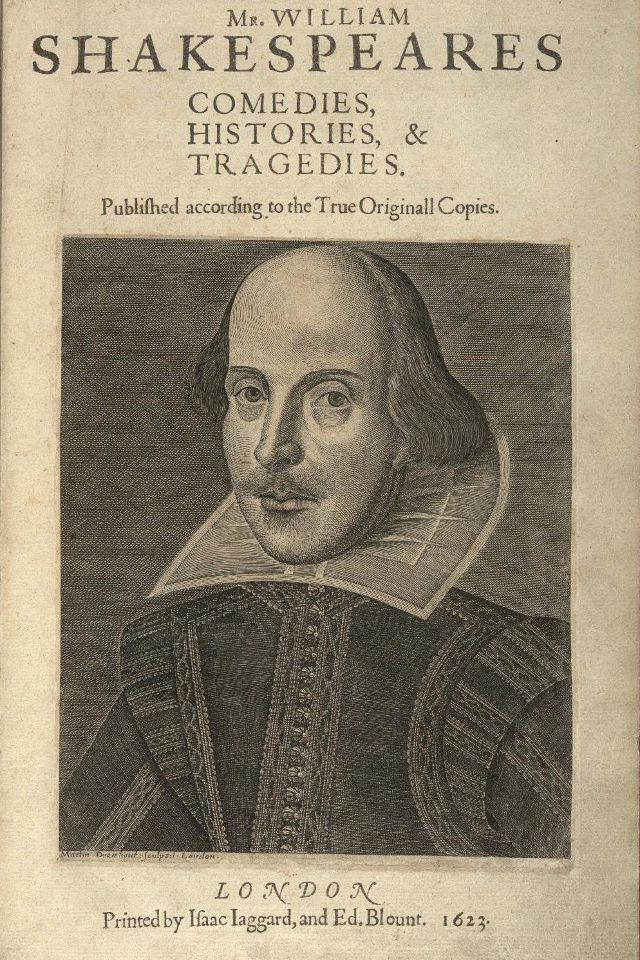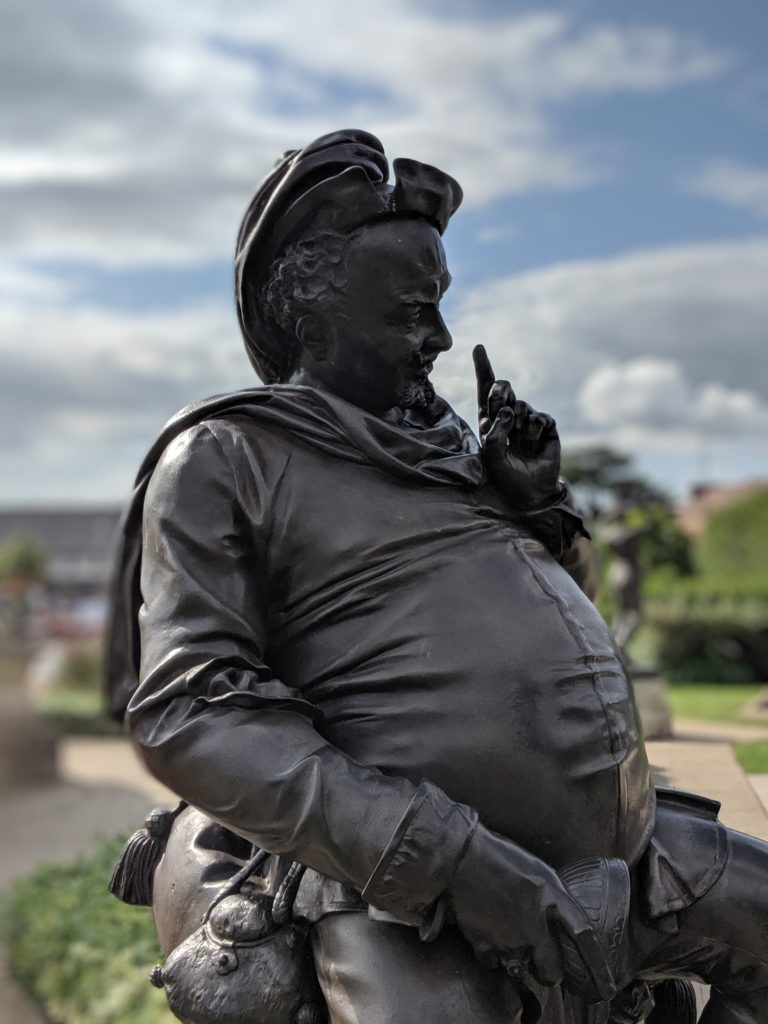My son is 13 and recently got in trouble when I discovered that he’d watched the entire first season of a show called Sex Education on Netflix. I haven’t watched it yet myself, so I have no comment on the show or its content. But he’d asked, and I’d reserved judgment and told him not to watch it yet until I could look more into it, and he watched the whole thing on his own. So, he’s busted.

Well, season 2 came out recently. He even made his case that he wasn’t watching it for “that stuff”, but that the story was actually really good and he wanted to see what happened with the characters. Father and son came to a general agreement that it wouldn’t be the end of the world if he watched it, but he wasn’t to go shoving it in our faces. As parents, we know that we can’t control what our kids are exposed to, but that doesn’t mean we need to be reminded of it. So he’s been stuck on the fence of whether it’s ok for him to watch it, and whether it’s ok for me to know whether he watched it.
Well, it just so happens that season 2 has some sort of Romeo and Juliet thing going on. I haven’t looked into it yet but may have to, for research. So I decided to try something this morning at breakfast.
Me: “Hey, I heard there’s a whole Romeo and Juliet thing in Sex Education season two.”
Him: (without looking up from his phone) “There is. And it so isn’t at all like the actual Romeo and …. I mean, I’ve never seen it and I have no idea what you’re talking about.”
I love the straddled universe in that response. Yeah he’s a 13yr old boy who of course made a beeline to a show called “Sex Education” but he’s also a 13yr old boy so grounded in Shakespeare that he has a strong opinion about the quality of the Romeo and Juliet references. I think I’m ok with that. 🙂



